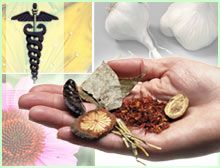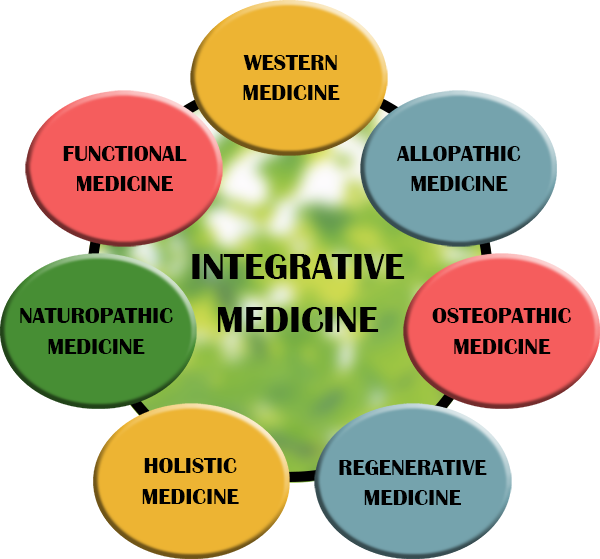Herbalism, also known as botanical medicine or herbal medicine, is a science-based practice that utilizes plants and plant extracts for medicinal purposes. It is one of the oldest forms of healthcare known to humanity, dating back thousands of years. With an emphasis on using natural remedies, herbalism aims to promote optimal health and well-being by harnessing the healing properties of various plants.
The History of Herbalism
The roots of herbalism can be traced back to ancient civilizations such as the Egyptians, Greeks, and Chinese. These cultures recognized the therapeutic benefits of plants and developed sophisticated systems of herbal medicine. For instance, ancient Egyptians used herbs like aloe vera and chamomile for their healing properties, creating a rich tradition of herbal remedies. Similarly, traditional Chinese medicine incorporates a vast array of plants to address various health conditions, focusing on rebalancing the body's energy flow. The Greek physician Hippocrates is often referred to as the "father of medicine" and made significant contributions to herbalism. He emphasized the importance of individualized treatments and recognized plants' potential to support the body's natural healing processes.
The Benefits of Herbalism
Herbalism offers numerous benefits, making it a popular and widely practiced form of alternative medicine. Some of the advantages include: Natural Healing: Herbal remedies work in harmony with the body's natural processes, supporting healing from within. Reduced Side Effects: Compared to synthetic drugs, herbal medicines often have fewer side effects, making them gentler on the body. Accessible and Affordable: Many herbal remedies are easily accessible and affordable, increasing their appeal to a wide range of individuals. Traditional Wisdom: Herbalism carries ancient wisdom that has been passed down through generations, representing centuries of experience and accumulated knowledge. Holistic Approach: Herbal medicine takes into account an individual's overall well-being, considering physical, mental, and emotional factors.
Common Herbs Used in Herbalism
The world of herbalism encompasses a vast variety of plants, each with its unique properties and uses. Here are some commonly used herbs in herbal medicine:
Echinacea
Echinacea is well-known for its immune-boosting properties. It is often used to prevent and treat the common cold and upper respiratory infections.
Ginger
Ginger is a versatile herb known for its anti-inflammatory and digestive benefits. It can alleviate nausea, reduce pain and inflammation, and aid digestion.
Lavender
Lavender is renowned for its calming properties. It is commonly used in aromatherapy to reduce stress, promote relaxation, and enhance sleep quality.
Peppermint
Peppermint is a refreshing herb that can soothe digestive issues such as bloating and gas. It also provides relief from headaches and muscular pain.
Chamomile
Chamomile is known for its calming effects and is often used to promote relaxation, relieve anxiety, and improve sleep quality.
How to Incorporate Herbalism into Your Life
If you're interested in exploring herbalism and incorporating it into your lifestyle, consider the following tips: Research and Educate Yourself: Learn about the different herbs and their uses. Books, reputable websites, and herbalists can provide valuable information. Consult with an Herbalist: For personalized advice and recommendations, seek guidance from a qualified herbalist who can assess your individual health needs. Introduce Herbs Gradually: Start by incorporating one or two herbs at a time. Observe their effects on your body and adjust as needed. Experiment with Teas and Tinctures: Herbal teas and tinctures are popular ways to consume medicinal herbs. Experiment with different preparations to find what works best for you. Practice Safety and Awareness: While herbalism is generally safe, it's important to be aware of potential interactions with medications and any personal allergies or sensitivities. Combine with Other Healthy Habits: Herbalism can complement other healthy lifestyle practices, such as nutritious eating, regular exercise, and stress management techniques.
Conclusion
Herbalism and botanical medicine offer a holistic and natural approach to healing and maintaining optimal health. With a long history and a wide range of benefits, herbalism continues to be a valuable practice for individuals seeking alternative paths to wellness. By incorporating herbs into our lives, we can tap into the wisdom of nature to support and nurture our bodies and minds.


